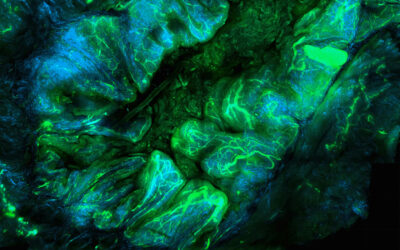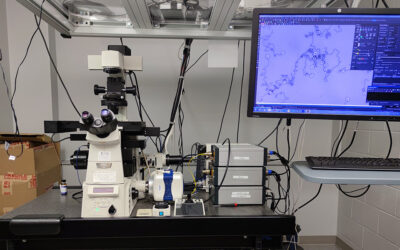Dr. Marc Garcia-Borràs is currently a postdoctoral fellow at UCLA where he has been working on the computational modelling of enzyme-catalyzed reactions for the past 3 years. Prior to that, he completed a research stay at the Max Planck Institute for Coal Research in Germany. He is now moving to the University of Girona, Spain after being awarded of the prestigious Juan de la Cierva – Incorporation Grant.
Hi Marc, Congratulations on winning the Juan de la Cierva – Incorporation Germany! Why did you choose the US for your postdoctoral experience? What differences have you found with Europe?
I was interested in jumping into the field of computational biocatalysis and computational enzyme design and the pioneering groups working on those fields are [located] in the US. The decision was easy [as] one of the world’s leading groups in enzyme design and computational enzyme-catalyzed reactions is that of Prof. Ken Houk at UCLA. It was also appealing to spend some time living in South California. I did my Ph.D. in a small university (the University of Girona, in Spain), and something that shocked me when arriving at UCLA was the size of the campus. I was also surprised by the extent of the network of collaborations between groups inside and outside the department, and how new collaborations arise from visiting professors.
How difficult is it to combine work and family?
For me, this was by far the hardest part of being a postdoc in California. There is a 9-hour difference between Spain and California, and it was difficult to find moments to call family and friends, and sometimes I felt “disconnected” from everyone back home. Flying back home for Christmas, for example, was not an easy thing [as] flights are expensive and you need about two days to travel there round trip, which has limited how often I could visit home. But once you realize that this is just a momentary issue that will only last a few years, you can deal with it.
That was your main motivation to apply for the Juan de la Cierva grant?
I wanted to move back home and I absolutely don’t regret it. I know that the academic job market in Spain is small and finding a permanent research position in an academic institution is really hard. However, I believe that the quality of life and happiness that I find there is worth more than any job or amount of money. I was fortunate to have gotten the Juan de la Cierva Incorporation Fellowship, which allowed me to move back to Spain near my hometown. This is not a permanent or tenure track position yet; to achieve it, I will continue working, taking advantage of what I’ve learned during my time in the US.
Do you think that any US-collaborations will be a part of any projects you will work on during the Incorporation grant?
More than the ongoing projects that I have (which are a lot!), I consider the connections I’ve made and the training I got [through my collaborations] much more important. [As a computational scientist], I’ve learned many different things thanks to collaborating with experimentalists, but I’ve also been trained on the use and application of different computational techniques that I want to continue using in my future research projects.
What impact do you anticipate for your Incorporation Grant, beyond the traditional publication scheme?
I’m planning to get involved in the teaching duties at the Department of Chemistry and the Institute of Computational Chemistry and Catalysis (IQCC) at the University of Girona (UdG). I’ll be teaching a course called the “Design and Simulation of Bioactive Molecules” in the Master’s in Advance Catalysis and Molecular Modelling (MACMoM) organized by the IQCC and the UdG. From there I expect to be in direct contact with master students who may be interested in going beyond and maybe pursuing a Ph.D. on one of my research topics. But also, [I want] to get more experience in teaching and the communicating research. Sometimes it is not easy to translate current research problems to students, and it’s even more complicated to show the general public what we, the researchers, are doing every day in our offices and labs!
In this vein, I’ve also been invited to give a dissemination lecture about the research I’m doing and my academic path at the high school where I graduated more than 15 years ago. This is very exciting for me.
Finally, but not the least important, I will directly supervise two Ph.D. students working in the group that I’m joining and who will be also working on my proposed projects. It is a great opportunity for me to mentor Ph.D. students working on my research projects, I hope they will enjoy them as much I did when planning them! I expect I’ll be able to provide them with the appropriate training they will need to be successful in their studies and future career in science.
Do you have any advice for those who are thinking about a career in research?
My only advice is to consider scientific research as it is: a job. Take it with passion and put as much effort as possible, but keep a regular schedule and don’t forget about other aspects of life such are family and friends. Also, find time for yourself. This will help to keep up the motivation you need in the hard and competitive academic path.
Thank you, Marc, and good luck!
Find info, news and updates from Dr. Garcia-Borràs on Google Scholar, Researchgate, and on his personal webpage.

















